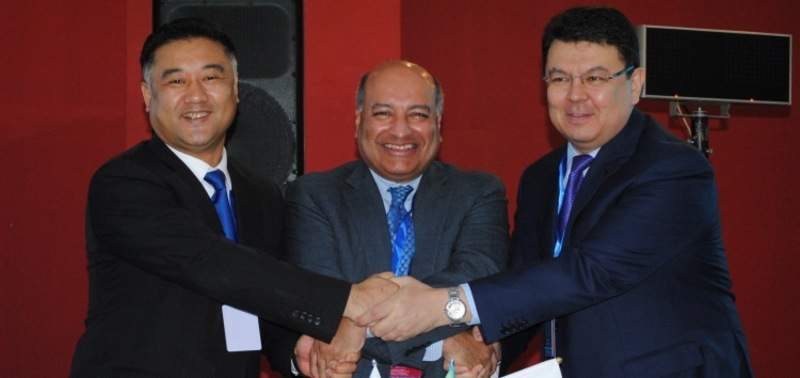
The European Bank for Reconstruction and Development (EBRD) has collaborated with Chinese manufacturer Risen Energy for the construction of a new solar plant in Kazakhstan.
The partnership is the EBRD’s first cooperation in the sector, and indeed in the country, with a Chinese company. The latest project builds upon the cooperation between EBRD and Kazakhstan’s Ministry of Energy on the development of renewable energy in the country.
Located in the Karaganda region of the country, the 40MW solar plant is expected to reduce carbon emissions by 55,000t per year apart from contributing to the national emission reduction targets and the EBRD’s Green Economy Transition strategy.
For this project, EBRD, Green Climate Fund (GCF) and Clean Technology Fund have committed to provide $31.1m as a financial package.
EBRD and GCF are financing the solar project in Kazakhstan as part of the Framework Agreement, signed earlier this year, to co-finance renewable energy in the country.
The solar photovoltaic (PV) plant will be constructed and operated by Risen Energy, which has been involved in developing a portfolio of solar projects worldwide and in Kazakhstan.

US Tariffs are shifting - will you react or anticipate?
Don’t let policy changes catch you off guard. Stay proactive with real-time data and expert analysis.
By GlobalDataThe Karaganda power plant is reported to be the sixth project that has been signed under the Bank’s Kazakhstan Renewables Framework, a €200m facility that finances renewable energy projects in the country and benefits from a $110m contribution from the GCF.



